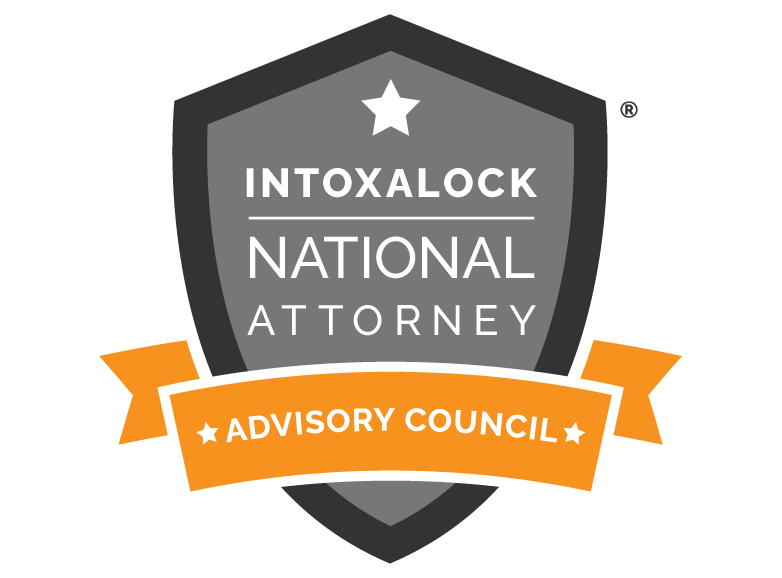
Driving under the influence (DUI) is a serious offense in Maryland, and understanding the implications of alcohol consumption while operating a motor vehicle is crucial for every driver. While many are aware of the legal blood alcohol concentration (BAC) limit, navigating the nuances of implied consent laws can be complex and daunting. In this guide, we’ll delve into what implied consent entails, its implications for drivers, and the importance of seeking legal counsel if faced with DUI allegations.











Before discussing implied consent laws, it’s essential to understand how alcohol consumption affects intoxication levels. The National Institute on Alcohol Abuse and Alcoholism defines a standard drink as containing half an ounce of alcohol. Therefore, whether it’s a 12-ounce beer, a five-ounce glass of wine, or a 1.5-ounce shot of liquor, each qualifies as one alcoholic beverage.
However, quantifying the exact amount of alcohol required to reach legal intoxication is challenging. Various factors, including weight, metabolism, and stomach contents, influence an individual’s BAC.
Implied consent laws grant law enforcement the authority to conduct chemical tests on individuals suspected of driving under the influence. In Maryland, these laws stipulate that by obtaining a driver’s license, individuals implicitly consent to chemical testing if an officer reasonably suspects DUI.
When a driver refuses to undergo a blood, breath, or urine test, Maryland’s implied consent law triggers automatic penalties. For first-time offenders, this refusal results in a license suspension for hundreds of days, while subsequent violations may lead to a one-year suspension.




Refusing to submit to a chemical test carries significant repercussions beyond license suspension. It can complicate legal proceedings and potentially worsen the outcome of DUI charges. Additionally, it’s crucial to recognize that implied consent laws do not require law enforcement to obtain a warrant before conducting such tests, emphasizing the importance of understanding one’s rights and legal options when confronted with DUI allegations.
Upon being charged with DUI in Maryland, it’s essential to comprehend the legal process and potential consequences. From the moment of arrest to court proceedings and potential penalties, each step carries its own challenges and considerations. Having a knowledgeable attorney by your side can make a significant difference in navigating this process effectively and advocating for the best possible outcome.
This is not the first time that I need it the services of Alpert Schreyer Poe law firm . I had a previous DUI charge not even three months ago and got another one and that’s what brought me back. In each case ,the law firm came through for me after having three DUIs. The law firm was able to talk to the states attorney and all I received was the ankle bracelet and breathalyzer in two years probation. I highly recommend this law firm. They seem to care about their clients more than just hours on a job. If there’s anyone that needs trouble that I can help I would give them the card that they gave me which was a lifesaver. A very special thanks to Michael Berman who performed outstanding.”
- Kenneth T.
When facing DUI charges, exploring potential legal defenses and strategies is crucial. From challenging the validity of chemical test results to questioning the legality of the traffic stop itself, various avenues exist for building a robust defense. Additionally, mitigating factors such as lack of probable cause or medical conditions affecting test results can further strengthen your case. A skilled DUI attorney will assess the details of your situation and develop a tailored defense strategy aimed at securing a favorable resolution.
Beyond legal implications, educating drivers on the risks associated with DUI is paramount. Impaired driving not only endangers the lives of those on the road, but also carries severe legal and financial consequences. By promoting awareness of the dangers of driving under the influence and encouraging responsible alcohol consumption, communities can work toward reducing DUI incidents and enhancing public safety.
In addition to raising awareness, supporting prevention efforts is crucial in combating DUI-related incidents. Community initiatives, such as designated driver programs and alcohol education campaigns, play a vital role in promoting responsible behavior and preventing impaired driving.